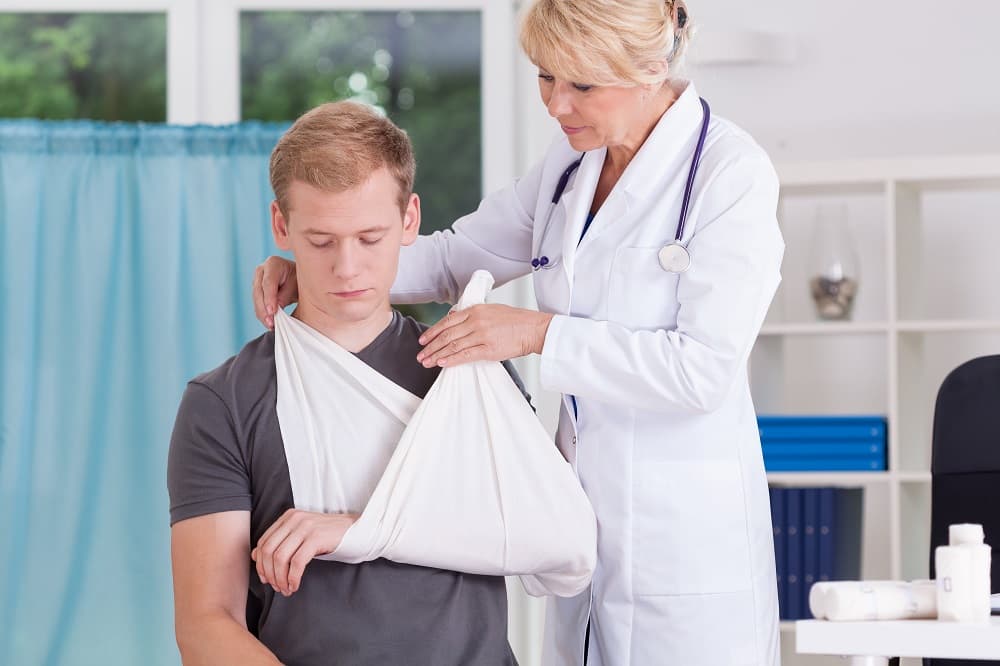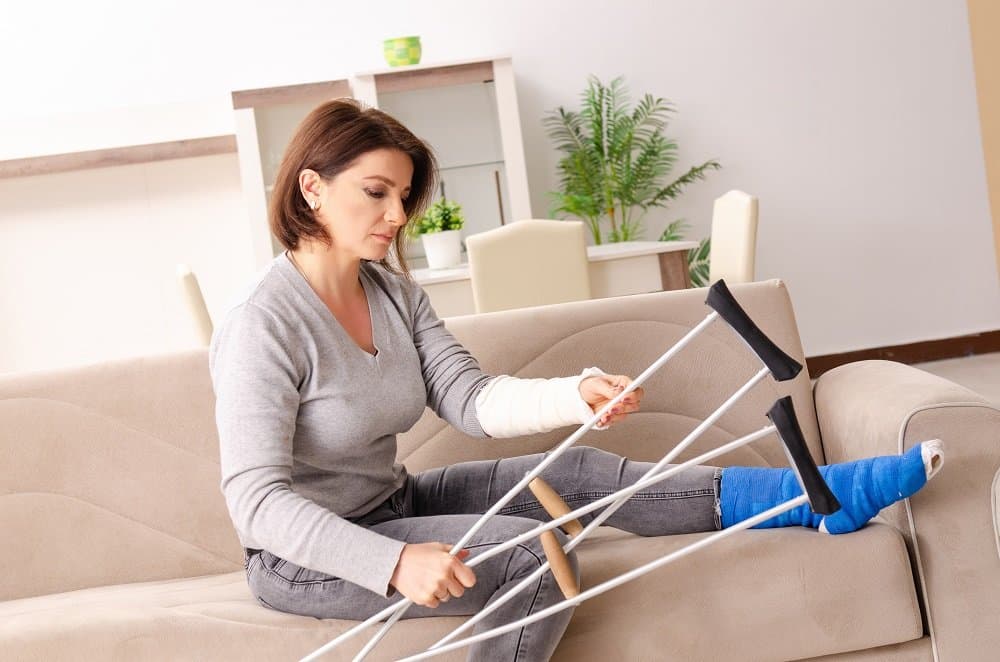If an individual is injured at work, it is important to seek an attorney’s counsel quickly for many different reasons. One of the main reasons concerns the injured worker and the medical care he or she will receive through the workers’ compensation system. The beginning of a workers’ compensation case…
Category: Workers’ Compensation

Colorado Court of Appeals limits ALJ’s authority to determine issue of Maximum Medical Improvement (”MMI”): When an injured workers’ medical condition has stabilized, or plateaued, there is a medical determination that the injured worker has reached MMI. The Colorado Workers’ Compensation Act sets forth the statutory rules for the parties…

Many times when I initially meet with a client they ask me why, and how, they would benefit by hiring a Workers Compensation attorney versus not having an attorney represent them. There are four main reasons why a person should hire a Workers’ Compensation attorney sooner rather than later in…

This is a very common question, perhaps the most common question that I receive during an initial visit with a new client. The answer, of course, is that it can depend on several factors. To best answer this question, we must start with the basic benefits that are applicable to…

There are over 30,000 people injured at work every year in Colorado. Most workers have little to no experience with the workers’ compensation system before their injury occurs. Many think the employer will know what to do, and insurance will properly guide them through the system. In my experience, the…

The first step in protecting your Colorado workers’ compensation rights is filing a Workers’ Claim for Compensation with the Colorado Division of Workers’ Compensation. This is form number WC15 on the Division’s website. The filing of this form by the injured worker (“Claimant”) serves several important functions. This filing will…

Millions of Americans have degeneration in their joints. …Shoulders. …Hips. …Knees. …Back. For many these changes are asymptomatic. The degeneration causes no physical limitations or restrictions to their life or work. For others, it may cause mild to moderate issues but the individual is still able to do most things…

A pattern we have seen in several of our recent cases is that some employers try to circumvent state and federal overtime laws by “averaging” the two weeks of a pay period so that their employees only receive overtime compensation when they work more than 80 hours in two weeks….

Colorado, like other states, places a statute of limitations on workers’ compensation claims. These claims allow you to seek compensation from your employer’s insurance company if you are hurt on the job. In most cases, injured workers in Colorado have two years from the date of an accident to do…
Do You Work Outdoors? For many people, nothing beats working in the great outdoors. Getting exercise, soaking up the sun and breathing fresh air can make for an enjoyable day on the job. However, people who work outdoors also face unique hazards. As the seasons change, so do the illness…





















